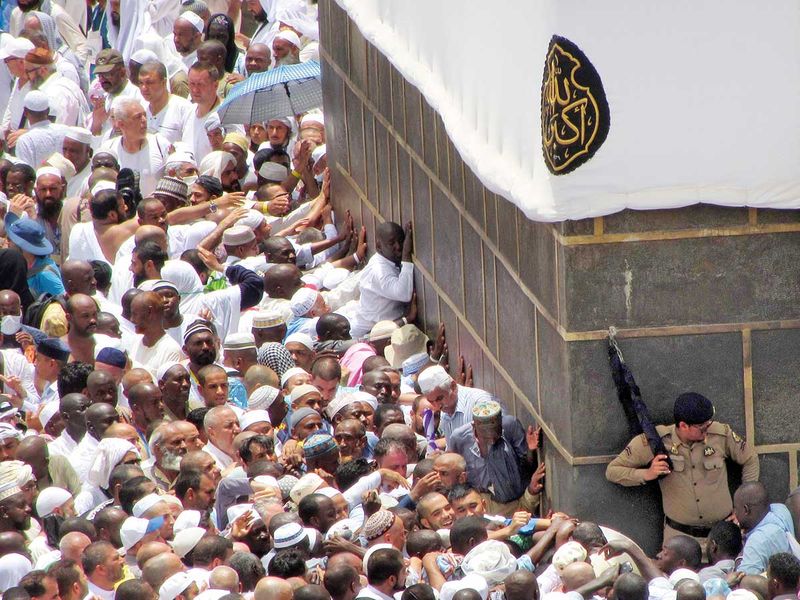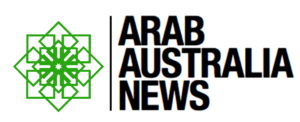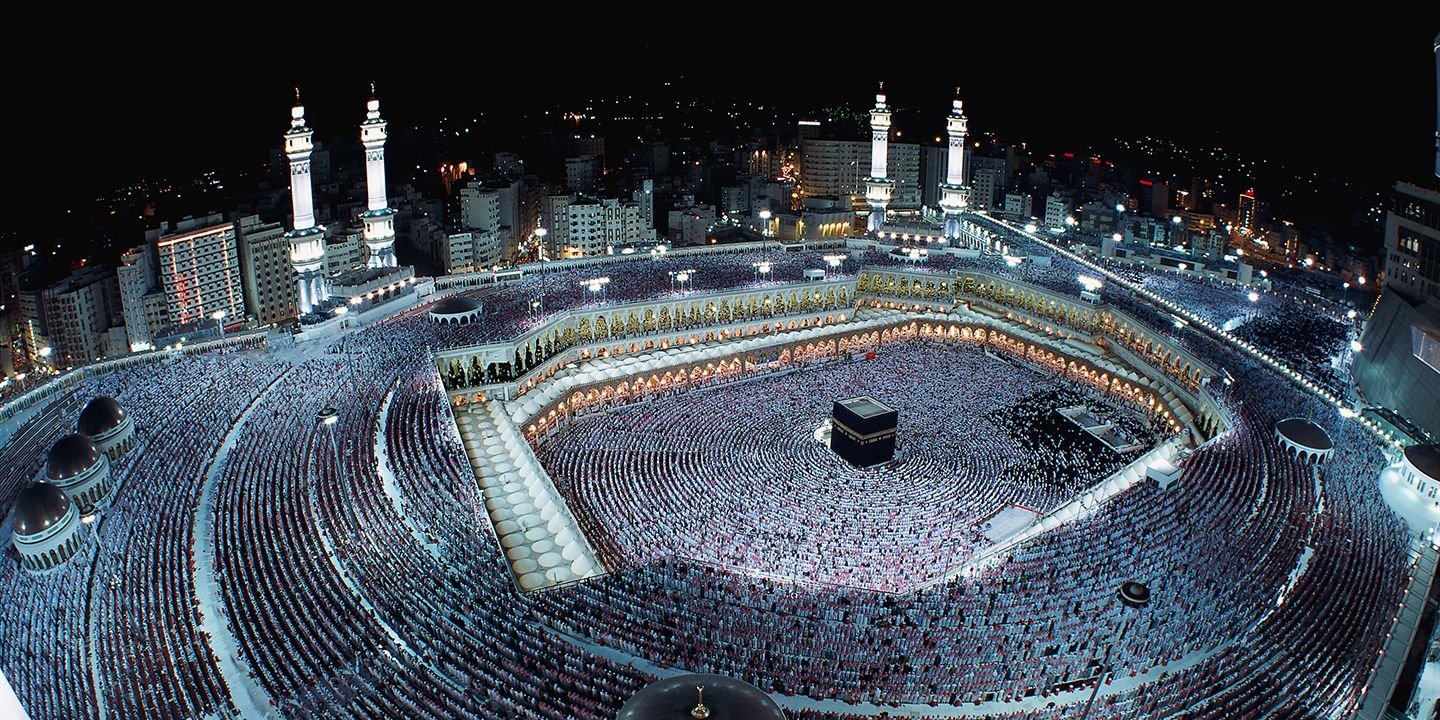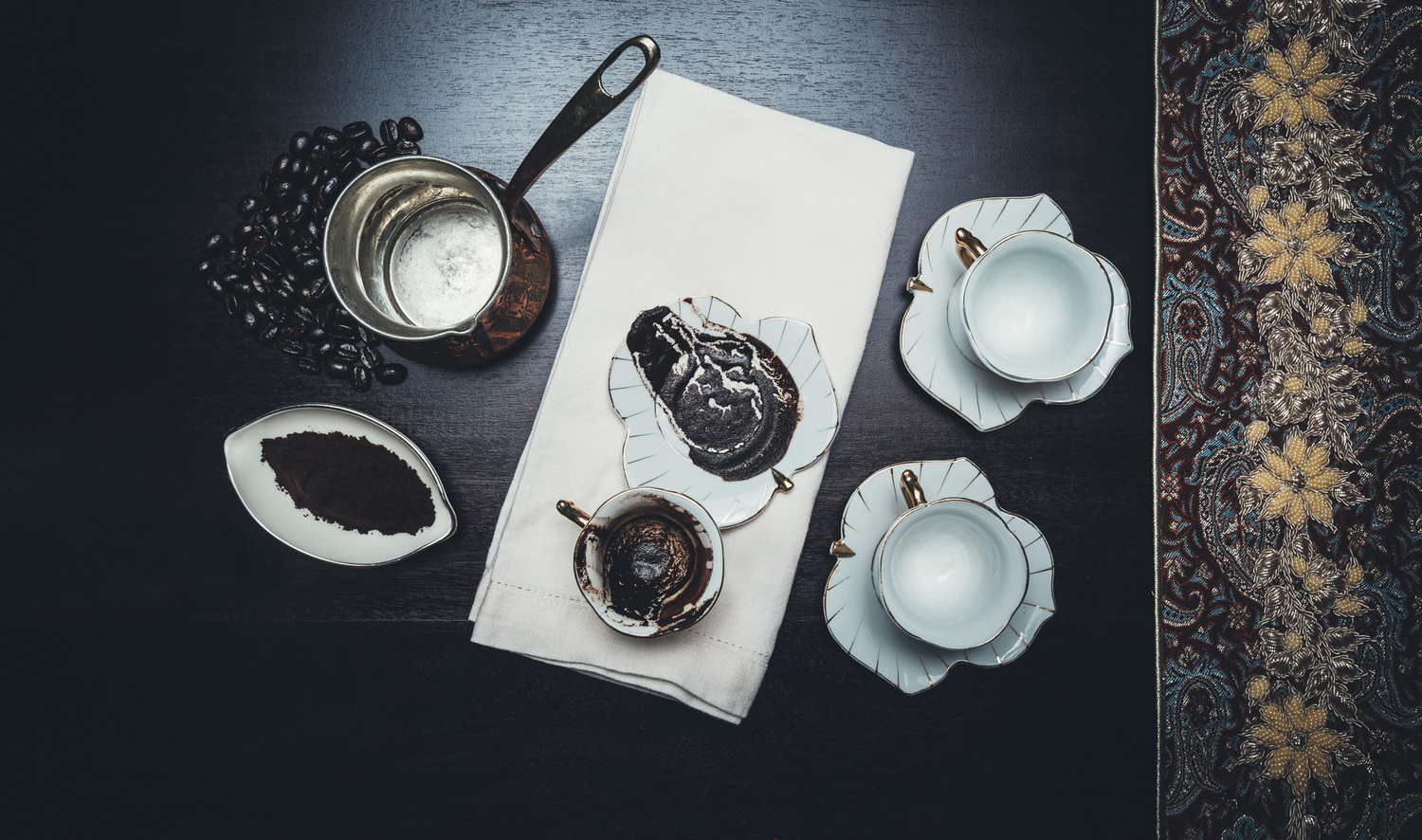As at least 2 million people arrive in Mecca for Hajj in 2019, there are real health and safety issues to be aware of.

Many non Muslim people mistakenly think that the Hajj Pilgrimage is little more than an overseas trip to Mecca. But it’s more akin to embarking on a spiritual trek that is a significant personal and physical challenge for all involved.
Hajj is the religious pilgrimage to the holy city of Mecca, in Saudi Arabia, that every Muslim with the financial and physical capability must complete at least once in a lifetime. Every year, at least 2 million pilgrims journey to Mecca for the Hajj. 3000 Australian Muslims are reportedly participating in this year’s pilgrimage from August 9–14.
Medical experts, in Australia and Saudi Arabia, warn that there are very real health concerns, directly related to the pilgrimage, due to heat, large crowds and even increased exposure to viruses, which may be present in concentrated form.
One potential threat of concern for the Department of Health (DoH) involves risk of pilgrims contracting Middle East Respiratory Syndrome (MERS) – a rare disease linked to a zoonotic coronavirus. It is spread by camels in Saudi Arabia, but is not present among Australian Camels. A fatality rate of up to 35% occurs in those affected and there is no known vaccine. People susceptible to respiratory disease are at a much higher risk of death than most.
Although the infection is not common, it is still a possible threat. Contracting the virus can include severe consequences. Expert medical advice urges all Pilgrims to avoid contact with camels in the area, to refrain from drinking raw camel milk or eating undercooked camel meat while in Saudi Arabia where the disease is found.
For travel purposes, all vaccinations should be up to date, because the immense crowds are a fertile breeding ground for virus and infection. Incidences of respiratory Illness and diarrhoea are said to be very high.
Meningococcal meningitis is also of concern, with the Saudi Arabian Government having compiled excellent information to ensure pilgrims have been properly vaccinated, no less than 10 days before arriving, with a quadrivalent (ACWY) vaccine. It is necessary to bring a valid vaccination certificate for gaining entry into the country. Flu vaccination is also recommended but not mandatory.
Men, in particular, are urged to ensure that their hepatitis B vaccinations are up to date. Part of the Hajj Pilgrimage can involve men shaving off their hair, with designated barbers being appointed to do so. Unclean or shared razors can mean a real risk of transmission of blood-borne viruses.
Almost half of the Hajj pilgrims will walk over 23 kilometres as part of the five-day pilgrimage, and they represent varying degrees of personal health and vigour. There are strong and healthy pilgrims, but also many with chronic health conditions. Summer temperatures can get to an average daytime peak of 430C. This increases the risk of heatstroke and heat exhaustion. Bacterial infections can arise from chafing or blisters on the pilgrims’ feet.
All Hajj pilgrims are urged to stay well hydrated, use good sunscreen, seek adequate shade, and wear light coloured clothing. Those required to use diuretics are directed to be especially careful of dehydration. It is considered wisest to prepare a travel pack with ample supplies of medications and emergency kits for people with diabetes and other such conditions.
With 2 million people all moving, en masse, there is a very real danger of crushing accidents occurring. This was brought to the forefront of real concerns after a crowd surge in 2015 caused the deaths of up to 2000 pilgrims

In particular, Muslim women may need to request assistance with managing their menstrual cycles ahead of the Hajj, since taking part in one specific ritual is not possible when menstruating.
The Australian Department of Health has issued a comprehensive information sheet on MERS and is also asking GPs to remain on alert for signs of possible MERS in the months following the pilgrimage. Although no cases of MERS have so far been detected in Australia, it is a nationally notifiable disease.
We can only wish all Australian Hajj pilgrims a safe and fulfilling experience and a safe and successful return to Australia.










